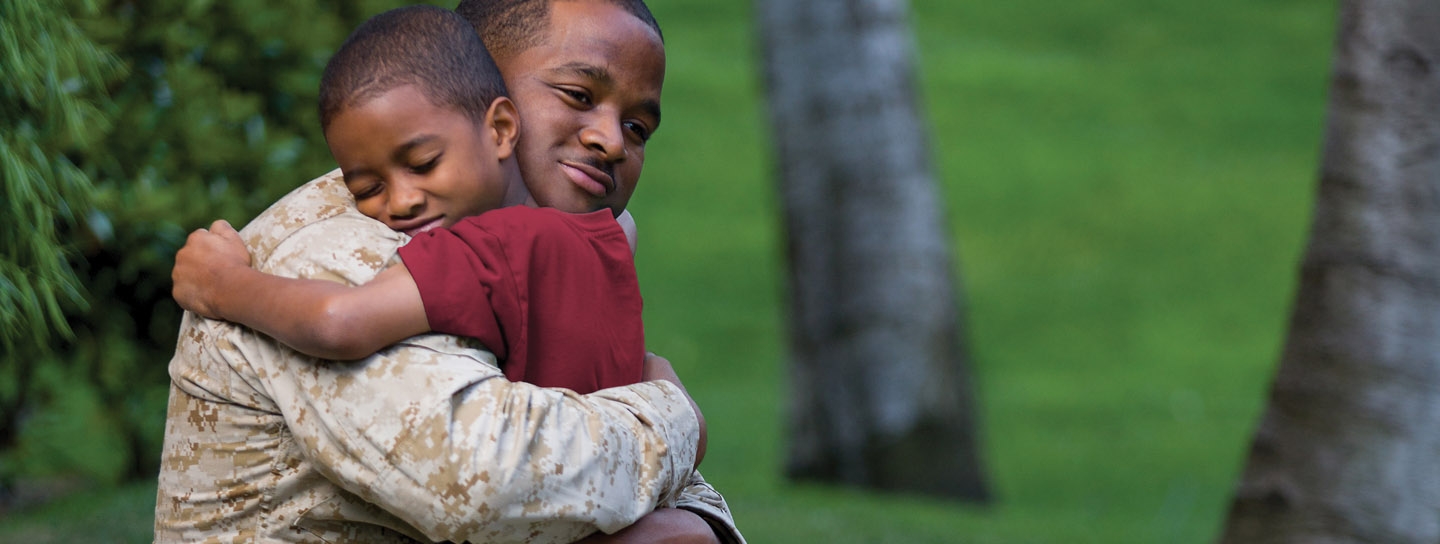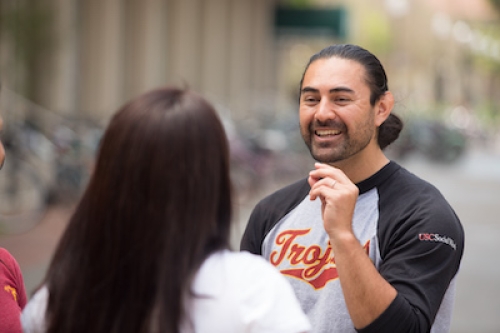
Military Populations and Settings
Military social workers play an integral role in helping veterans, active-duty service members and military families connect to the care and support they need. These specialized social workers support military personnel facing deployment, help active-duty individuals and veterans cope with a host of physical and psychological issues, including combat readiness and military sexual trauma (MST), provide support to military families facing emotional and financial stress, and work with military-impacted schools and communities.
Our engagement in past, present and future wars continues to drive the need for highly skilled social workers who can provide treatment and services for veterans, active-duty service members and their loved ones.
This track** explores evidence-based practices for helping those who have dedicated their lives to protecting ours. As the first program of its kind to be offered by a civilian research university, this track is designed to complement the MSW program and prepare students to:
- Care for service members, veterans and their families dealing with an array of physical, mental and psychosocial issues
- Better understand the impact of military culture on the well-being of individuals and families
- Learn about the systems of care in place for military personnel before, during and after deployment
- Help returning service members find health and employment services
- Work with local agencies to identify and serve military populations in their communities
Military social workers offer services such as:
- Mental health therapy for a variety of issues, such as physical illness, disease, substance use, family issues and traumatic experiences
- Military-to-civilian life reintegration support
- Crisis intervention
- Individual and family counseling
- Resource navigation, such as financial, housing and benefit assistance
- Aging veteran support and advocacy
**Students complete their specialized coursework and training in integrative social work practice typically in semesters three and four of the MSW curriculum. When completing their specialization, students may select one of five track options that introduces them to practice with a particular client population, setting or system. Tracks consist of six units of integrative practice and three units of integrative assessment and evaluation which can be completed within the existing 48-unit curriculum. Tracks, and the courses comprising them, align with opportunities for graduates' careers in social work practice. Availability of tracks and associated courses during any given academic year is contingent upon minimum enrollment requirements.
How can I learn more about the MSW?

Ready to chart a new path forward? View steps to apply or start your application to our world class MSW today.



